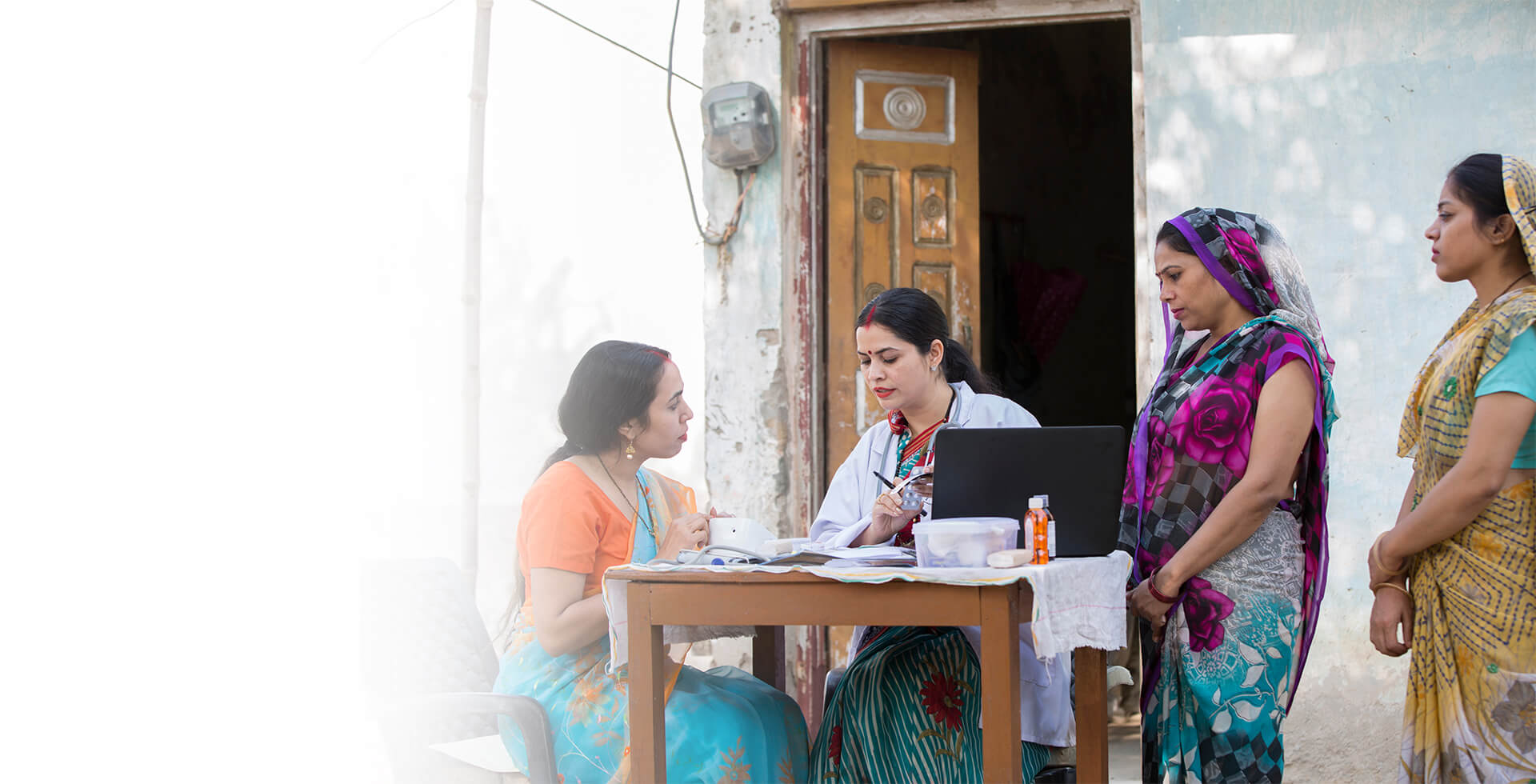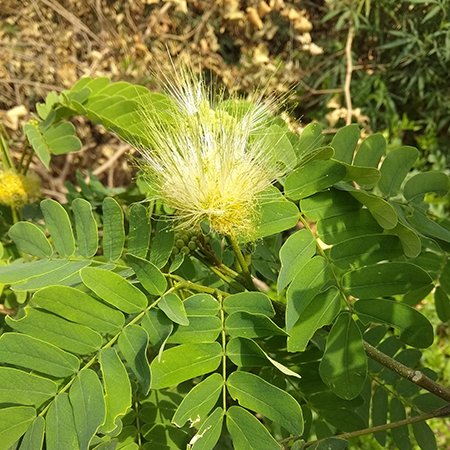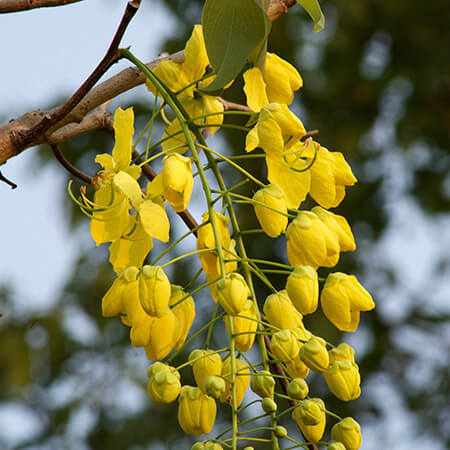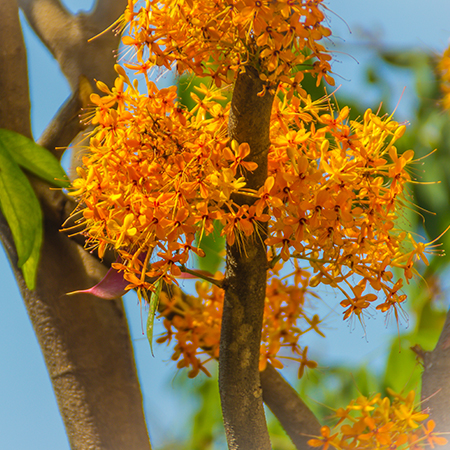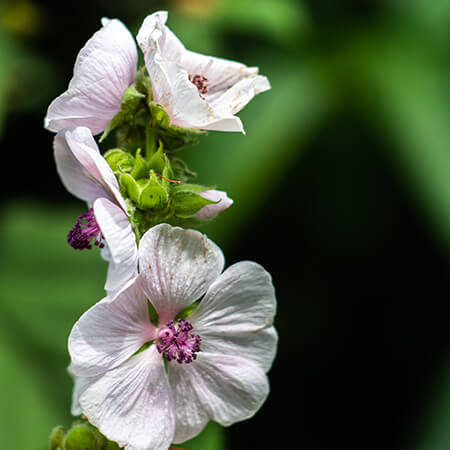Ayurveda and Science
Ratti/रत्ती/Abrus Precatorius/Gunja/Rosary Pea
AYURVEDIC & MEDICINAL PLANTS
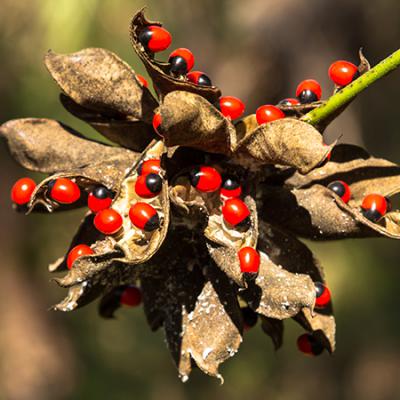
Hindi Name: Ratti
Sanskrit Name: Gunjaa
English Name: Rosary Pea
Latin Name: Abrus Precatorius
Abrus precatorius is a slender, perennial climber that twines around trees, shrubs, and hedges. Leaves are glabrous with long internodes. It has a slender branch and a cylindrical wrinkled stem with a smooth-textured brown bark. Flowers are small and pale
Abrus Precatorius Medicinal Uses
The Abrus seeds are considered poisonous in Ayurveda and a specific method has been written to purify them. The purified Abrus is a nerve stimulant and is used in vata disorders like joint pains and paralysis. The paste of seeds is applied locally in alopecia and skin diseases. It has also been mentioned as a contraceptive in Ayurveda.
Chemical Composition
Five glycoproteins have been purified from the seeds. They are Abrus agglutinin (a haemagglutinin) and the toxic principles abrins [a] to [d]. The seeds also contain an amino acid known as abrine (N-methyl- L-tryptophan), glycyrrhizin and a lipolytic enzyme. The roots, stems, and leaves also contain glycyrrhizin.
Effect on
Doshas
Seed pacify both Kapha and Vata; Leaves pacify all the three doshas.
Read more about various ailments, it's causes, symptoms, ayurvedic treatments, etc.
Explore More





